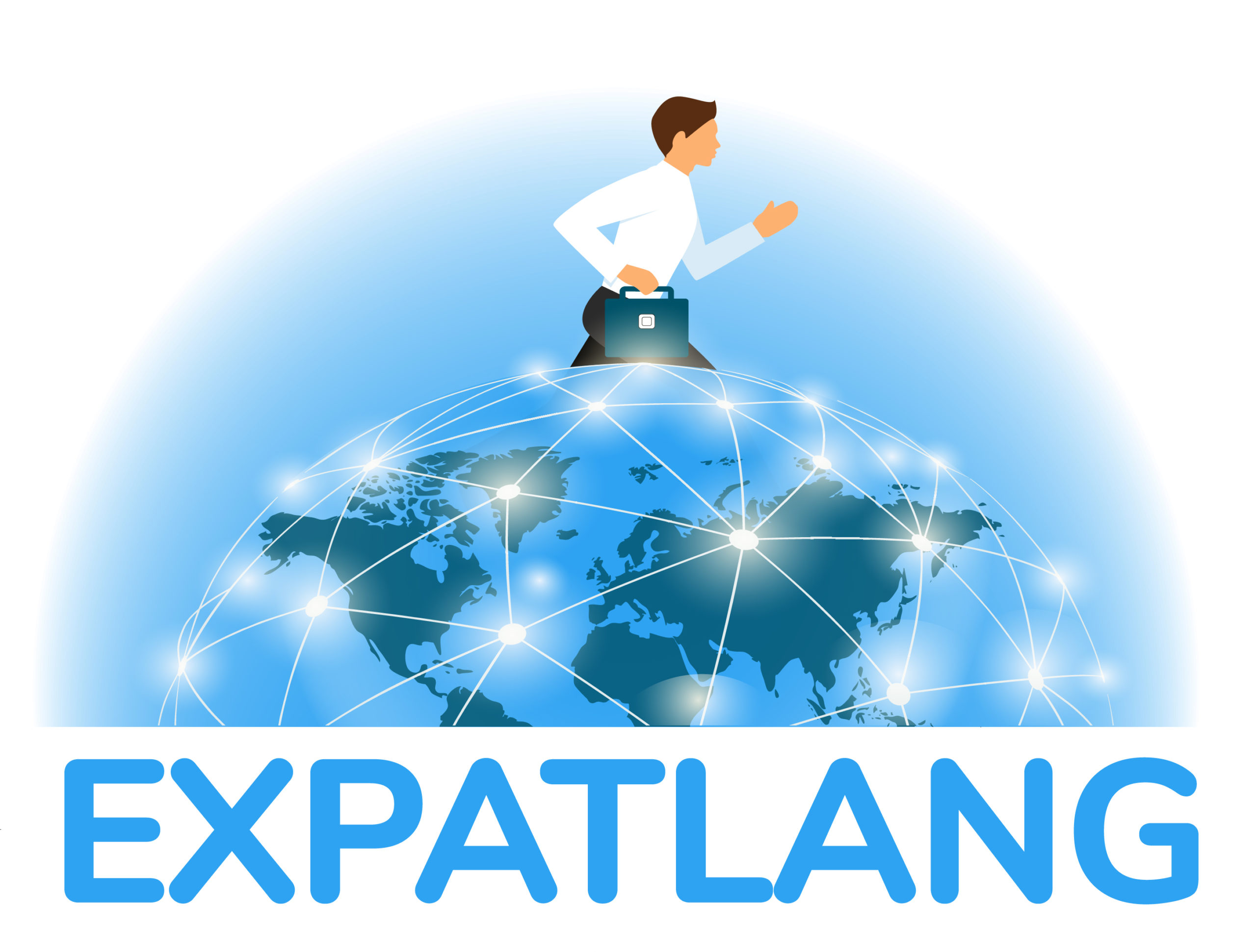
It’s a fact, children have special brain dispositions to learn languages. Furthermore, as opposed to adult learners, they have nothing else to do: no problems at work, no bills to pay, no tax declaration to send by the end of the week…
We adult learners have a lot going on daily and very little available brain time. This is something that strikes us even harder when we’re not learning French out of passion but out of need.
Therefore, our learning experience has to be as efficacious as possible and every learning minute should be optimised.
In previous articles, we’ve already insisted on the importance to thoroughly define our learning goals. This way we can focus on what really matters to us.
Challenging yourself in real-life situations will be a good way to test your proficiency. It will also work as a beacon to select the right resources.
Indeed, it’s very easy to get lost among the huge variety of language resources that don’t necessarily serve your goals.
For example, without knowing exactly why you’re learning French, you could very often start working on an episode of a soap on Monday and end up reading an article on a travel blog on Friday.
Of course, getting exposed to the language you’re learning in many different contexts will help you. The main risk is that you get exposed to too many different words at the same time.
It takes a lot of time to learn new words. You need regular exposure to the same vocab to acquire it.
If during the week you work on too many categories of vocabulary, or even worse, change topics every week, you won’t get the benefits of regular exposure to the same words and concepts. It’ll then take more time to reach a high level in a specific field.
For example, if you’re passionate about music and want to be able to talk about it with your friends, you should mainly consider working on resources related to music such as artists interviews, album critiques or music blogs.
That’s why, knowing the precise goal of your study time is so important. If you have a goal, you’ll focus on the resources that serve your project and won’t get distracted by the others.
One more thing. Please note that when you define your language challenge, you should select situations that match your goals (speaking, reading, writing, listening or conversing).
When you learn a language, a rule of thumb is: you become good at what you practice. If you read a lot, you’ll become very good at reading. If you speak a lot, you’ll become good at speaking etc.
- For example, if I want to talk about music :
Good challenge : next time I speak to my online conversation partner, I want to introduce my favourite artist’s biography and explain why I like them.
Bad challenge : read the biography of my favourite artist in French.
In this case, your goal is to speak. Reading the biography will be a way to acquire vocabulary but it won’t be appropriate to let you improve speaking skills. Your language challenge should always target the skill you’re working towards.
If you need any help to challenge yourself, let Expatlang’s expert help you. contact us for a tailor-made learning French plan and the relevant practice contexts.

Recent Comments